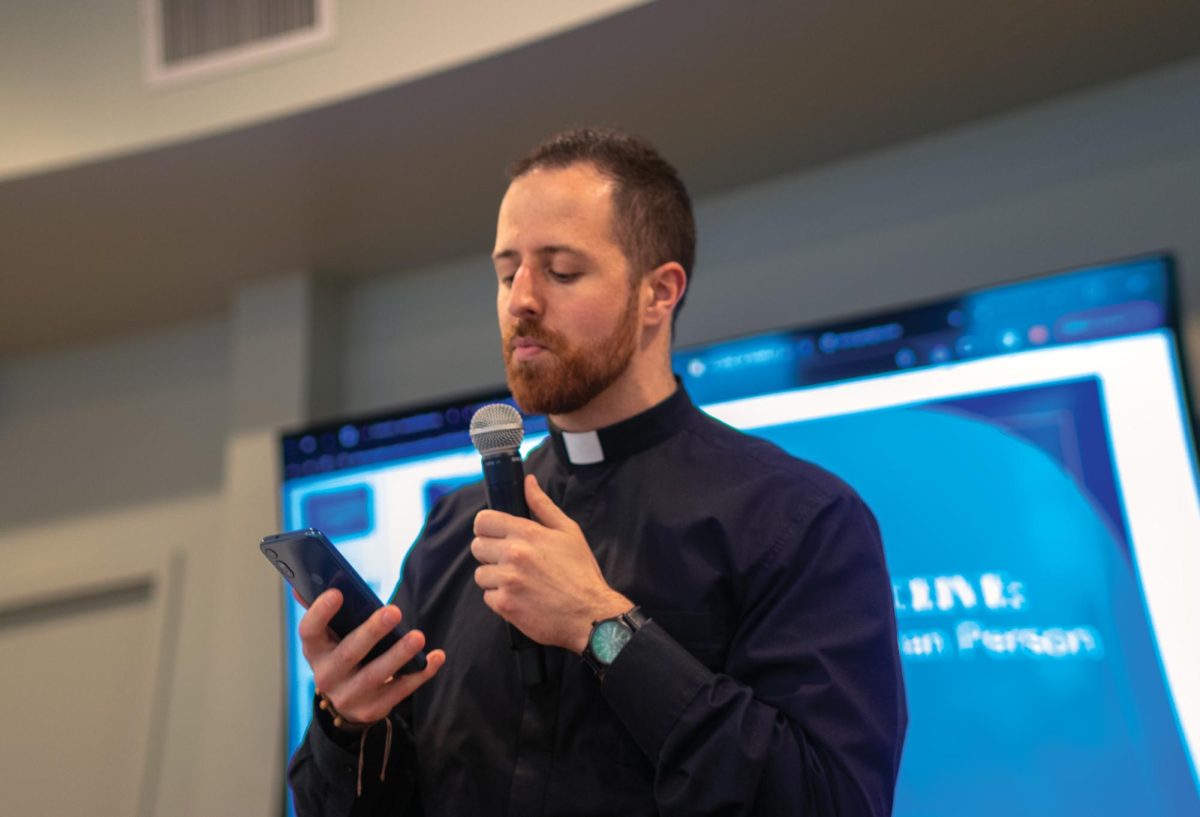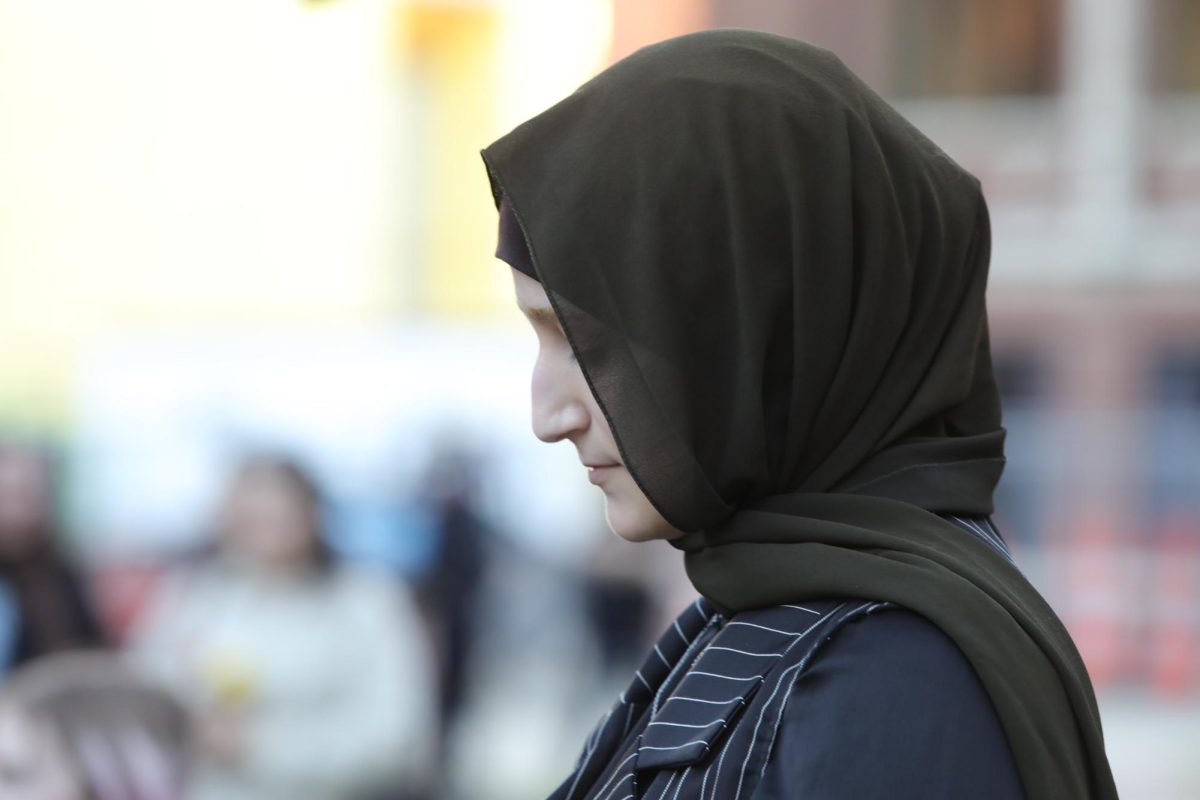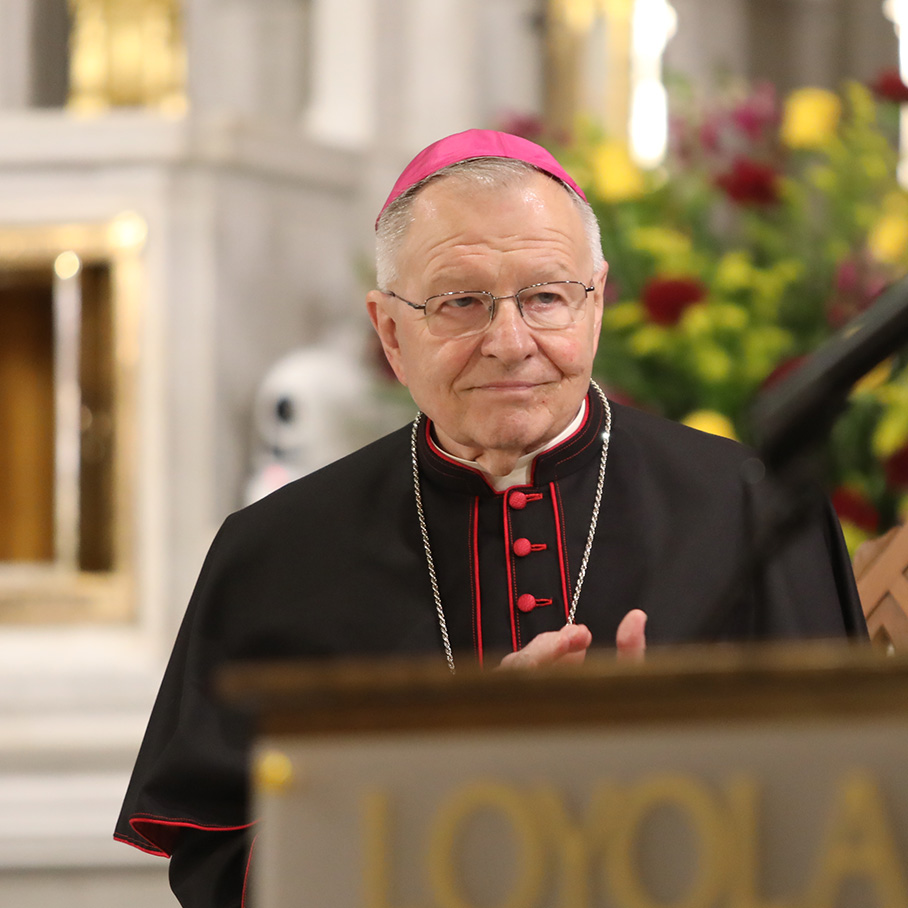Although Loyola is a Jesuit institution, I believe that religious tolerance is extremely important.
Loyola’s mission statement welcomes diversity through its students and wishes to educate them so that they may create a “more just world.” A university’s mission statement may be one of the first things a prospective student reads when trying to decide which colleges move to the top of their list.
It certainly was in my experience, and since I am now a proud student of Loyola University, I feel it is imperative that the university strives to do just what the luring mission statement claims.
The question naturally arises: Does Loyola promote a sense of religious tolerance in the university’s students? I was eventually forced to ask myself that exact question, yet I felt it rather idiotic not to ask the opinion of others as well.
“Honestly, I picked Loyola because I wanted to continue my Catholic education and make the transition from high school to college more comfortable,” said sophomore economics major Bridget Kratz.
She feels Loyola’s religious tolerance can be seen on campus through the Muslim prayer room (which is set up n the bottom of the Danna Center), the rabbis who are employed as professors and the variety of religious courses , such as Women in Judaism ,that she will be taking next semester.
“Catholic values are important to me, but having that security blanket has also given me the confidence to examine other things,” said Kratz.
When it comes to religious tolerance at Loyola, Zoe Glick, sophomore biology major, has a very unique experience. Glick admits that when she first realized Loyola was a Jesuit university ,she was hesitant to move forward with the application process because she comes from a very liberal background.
“Even though a majority of the time the university is ‘open to everybody,’ the student health center is hesitant to talk about birth control…in my experience, religious organizations on campus have made me feel uncomfortable and judged for my religious views,” said Glick.
However, Glick said that she has taken much freedom in the positive aspects of the religious tolerance at Loyola, and is currently taking a course called Islam: Sects and Violence.
“To my pleasant surprise, attending a religiously affiliated university was a perfect decision for me. I find that I am constantly being challenged and pushed out of my comfort zone. I think that the Jesuit ideals established in the University’s mission statement create a college experience that goes way beyond academics,” said Glick.
I personally commend Loyola university for allowing its students to have organizations that cater to their personal beliefs. I am also grateful that I was able to take a class that discussed the issue of religious tolerance in the Middle East and go to the O.R. every Friday during Lent and find alternative options to fish.
However, I too have felt judged for my beliefs ,even though I grew up in a religious household. So, I want to challenge the university and its students to exude an even stronger sense of respect and open-mindedness that allows the diverse student body to feel comfortable when expressing their faith, or lack there of.
Jacqueline Thomas is a mass communications freshman.
She can be reached at








